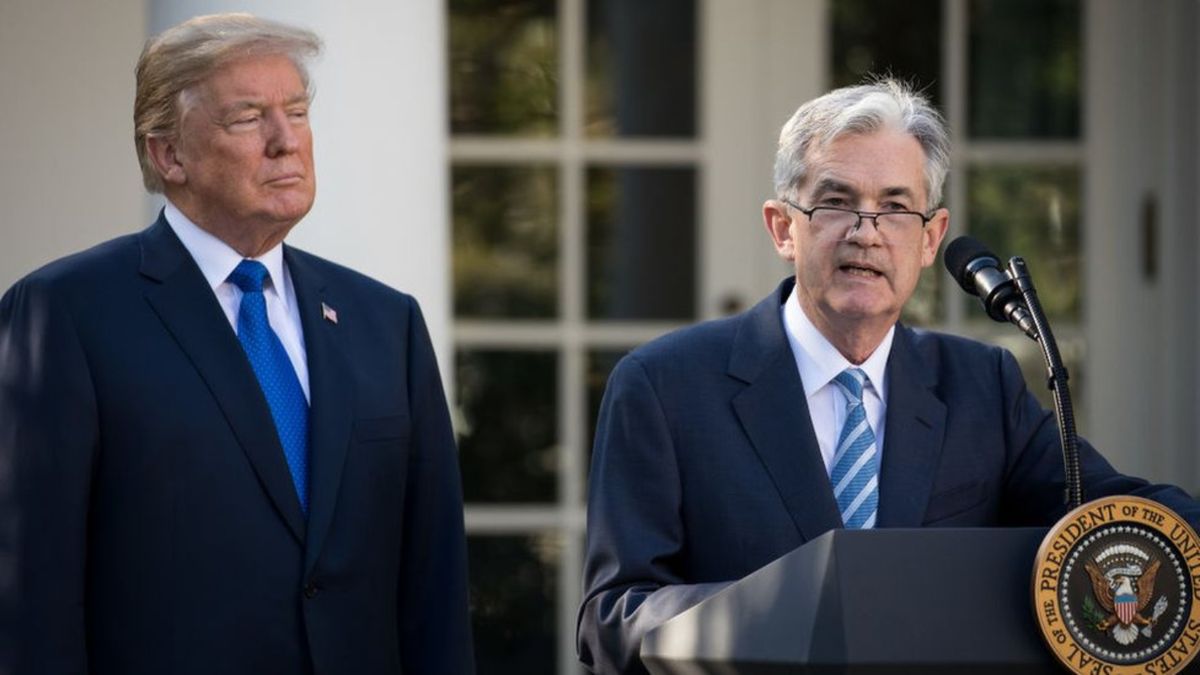Round two in the collective bargaining dispute at Deutsche Bahn: This Thursday, the company and the GDL union will meet for further negotiations. The fronts hardened early in the collective bargaining dispute.
The collective bargaining negotiations between the German Locomotive Drivers’ Union (GDL) and Deutsche Bahn will enter their second round on Thursday (11 a.m.) in Berlin. After the initial talks at the beginning of November and the first warning strikes last week, both sides are still a long way from an agreement. The GDL is already considering the next industrial dispute.
“The next warning strike is definitely coming. We won’t take too much time with it,” GDL boss Claus Weselsky recently told the “Rheinische Post”. The union has already initiated a strike vote on indefinite strikes among its own members.
The GDL is demanding, among other things, 555 euros more per month as well as an inflation compensation bonus for a term of twelve months. The railway had presented the union with an offer in the first round of negotiations and, among other things, promised an eleven percent wage increase over a period of 32 months.
The crux of the collective bargaining dispute, however, is the GDL’s demand for a reduction in working hours from 38 to 35 hours for shift workers with full wage compensation. The group had not yet addressed this in its offer. Railway human resources director Martin Seiler believes the demand cannot be met. From the perspective of the federally owned railway, it creates a personnel gap that cannot be filled given the high labor shortage.
Weselsky also admitted that a reduction in working hours cannot be implemented overnight and signaled a willingness to compromise. He emphasized that the reduction in weekly working hours could be done gradually over a longer period of time. But no agreement will likely be reached without regulation on working hours. The GDL has expressly linked the success of negotiations to this point. The union also insists on this in collective bargaining with rail competitor Transdev.
The negotiations are also made more difficult by the fact that the GDL wants to expand its sphere of influence on the railway. For the first time, the infrastructure sector will also be included in the union’s collective bargaining agreement. This includes, for example, the service managers who are responsible for coordinating nationwide train traffic and for whom so far only the larger railway and transport union (EVG), which competes with the GDL, has negotiated. The railway has so far rejected this too.
The issue of working hours has already been the subject of a collective bargaining dispute between Deutsche Bahn and GDL. In 2016, both sides agreed on an election model for employees, which has been in effect at the railway since 2018. Employees can choose between more money, six days of additional vacation or a reduction in weekly working hours from 39 to 38 hours. In January 2021, further options were added, including up to twelve more days of vacation.
Source: Stern




